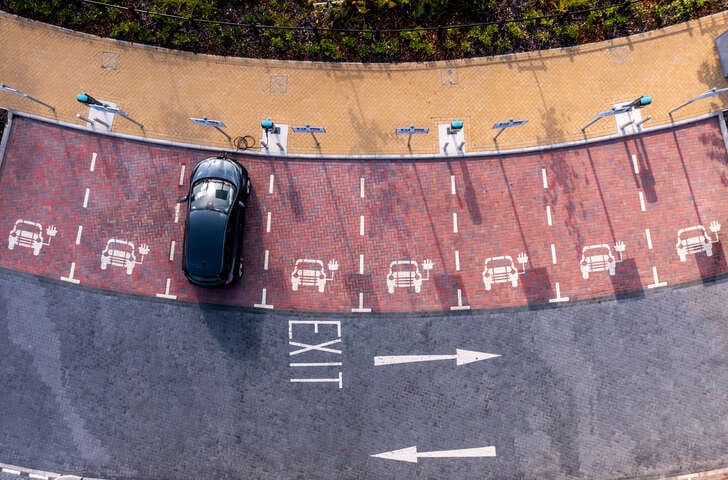
Guiding your business fleet towards electric vehicles in the ULEZ and CAZ era

Clean Air Zones (CAZ) and Ultra Low Emission Zones (ULEZ) are now major factors affecting businesses across the UK. With rising inflation and the recent expansion of ULEZ to cover all of London, companies with vehicle fleets face a complex challenge. These regulatory changes will directly impact fleet operations, forcing managers to make informed decisions.
The fundamentals ULEZ and CAZ
Before diving into solutions, it’s crucial to grasp ULEZ and CAZ basics. These government initiatives aim to enhance air quality by discouraging highly-polluting vehicles in urban areas. Compliance typically means meeting strict emission standards or paying daily fees within these zones.
The challenges business fleet operators are facing
Businesses of all sizes, relying on vehicle fleets, are dealing with a mix of operational and financial challenges. As inflation soars and vehicle costs rise, impending legislative changes related to CAZ and ULEZ add complexity and urgency.
CAZ and ULEZ can significantly disrupt business fleet operations in the UK. Over 50% of companies within these zones have off-road parking, supporting cost-effective on-site charging and easing range anxiety. For businesses covering short daily distances in these areas, electric vans offer practical solutions.
Pathways to consider
Fleet managers have options. They can stick with their current mix of vehicles, adjusting routes to minimize congestion charges. However, this approach has limitations, as older vehicles may have higher costs. Alternatively, businesses can consider upgrading to newer internal combustion engine (ICE) vehicles. But this option can be expensive, and future regulations might affect these vehicles. Careful evaluation is essential in this evolving regulatory landscape.
Electric Vehicles (EVs)
Embracing electric vehicles (EVs) is a practical choice for businesses. Firstly, it exempts them from daily congestion charges in CAZ and ULEZ zones, reducing financial strain. Moreover, integrating EVs lowers operational expenses, especially with on-site charging. Most importantly, it aligns with corporate social responsibility, enhancing environmental sustainability.
While challenges like higher upfront costs, evolving technology, and declining residual values exist, they shouldn’t discourage businesses. Leasing EVs is an alternative to buying, offering reduced environmental impact and long-term cost savings. Transitioning to EVs is a pragmatic choice for fleet operators in the CAZ and ULEZ landscape.
What does the future hold?
With the ongoing expansion of CAZ and ULEZ zones and rising non-compliance costs, the shift to EVs is a sound choice for businesses managing vehicle fleets. The impact of ULEZ and CAZ on these fleets is undeniable. The decision between maintaining the status quo and embracing EVs will significantly shape business operations.
As regulations evolve and costs increase, UK businesses must seriously consider transitioning to EVs. This shift ensures compliance, offers cost-saving opportunities, and aligns with sustainable practices. By strategically navigating ULEZ and CAZ challenges, businesses can secure a more resilient, eco-conscious, and financially prudent future.


